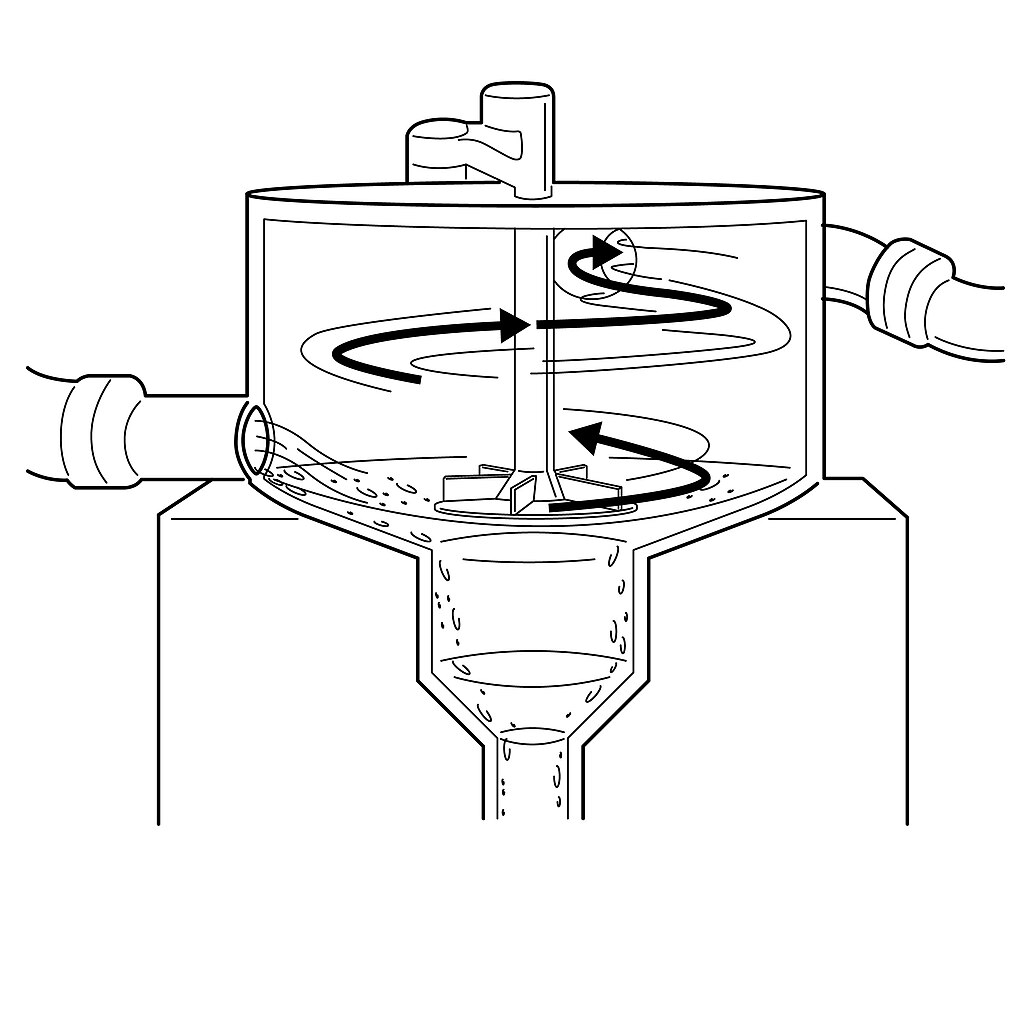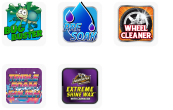Operating a car wash in Laredo, Texas, means more than just delivering sparkling vehicles—it requires a strong commitment to environmental stewardship and regulatory compliance. The Texas Commission on Environmental Quality (TCEQ) sets forth comprehensive rules for car wash water discharge to protect local water supplies, public health, and the environment.
For Laredo car wash owners and operators, understanding and adhering to these regulations is essential for business success and community well-being.

Why Car Wash Water Discharge Matters in Laredo
Car washes generate large volumes of wastewater containing detergents, oils, grease, heavy metals, and sediment. If not properly managed, this runoff can contaminate drinking water sources, clog sewer lines, damage pumps, and disrupt wastewater treatment processes. In a border city like Laredo, where water resources are precious and environmental protection is a community priority, strict adherence to water discharge regulations is not just a legal requirement, but a civic responsibility.
Key TCEQ Requirements for Car Washes
1. Connection to Sewer Systems
TCEQ mandates that commercial car washes in Texas, including those in Laredo, must discharge their wastewater into the municipal sewer system—never into a septic system or directly into storm drains. Before connecting, operators must:
- Notify the local wastewater treatment plant about their discharge.
- Keep written records of all correspondence and authorizations.
- Install a special clean-out access point for wastewater sampling, if required by local authorities.
2. Installation of Backflow Prevention Assemblies
To prevent contamination of the city’s potable water supply, TCEQ requires a reduced-pressure-principle backflow prevention assembly at each car wash facility. This device must be tested annually by a licensed professional, and all test and maintenance records must be kept on file. This is especially critical in Laredo, where cross-border water safety is a regional concern.
3. Grit Trap and Oil/Sand Interceptor Requirements
Car washes must install a grit trap or sand/oil interceptor to filter out sediment, trash, and oil before wastewater enters the sewer system. Local plumbing codes and the City of Laredo’s ordinances may impose additional requirements, so it’s vital to consult with city officials and the Water Pollution Control Division for compliance. Regular maintenance and cleaning of these traps are essential to prevent overflows and blockages.
4. Managing Grit-Trap Waste
The solid and semi-solid material collected in grit traps, known as grit-trap waste, must be handled with care:
- Only TCEQ-registered transporters are authorized to pump and transport this waste.
- Waste may be dried on-site using approved evaporation beds, provided no runoff escapes into the environment.
- Detailed records of waste disposal, including manifests and signatures from receiving facilities, are required for compliance and auditing.
5. Fuel Tank Registration
If your Laredo car wash also dispenses fuel, underground storage tanks (USTs) containing fuel or hazardous substances must be registered with TCEQ. Annual registration, leak detection, and spill prevention measures are mandatory, and local fire marshals may have additional requirements.
Local Laredo Regulations and Best Practices
The City of Laredo enforces its own set of rules, aligned with state and federal standards, to protect the municipal wastewater system and the Rio Grande. The city’s ordinances require:
- Submission of plumbing plans for new and existing facilities.
- Installation and maintenance of approved grease and grit traps.
- Use of city-registered cleaning and service companies for trap maintenance.
- Proper documentation and reporting of all cleaning and waste disposal activities.
Non-compliance can result in citations, fines, and even closure, so regular consultation with the Water Pollution Control Division is highly recommended. For more on local compliance steps, see guide to Laredo car wash permits.
Water Conservation and Recycling Initiatives
With Texas facing periodic droughts and water scarcity, cities like Edinburg have introduced car wash rules or ordinances requiring new car washes to include water reclamation and recycling systems. While Laredo has not yet mandated such systems citywide, adopting water recycling technologies is considered a best management practice, demonstrating a commitment to sustainability. These systems reduce freshwater consumption, lower operating costs, and help car washes stay ahead of future regulatory trends.

Best Management Practices for Laredo Car Washes
To ensure compliance and minimize environmental impact, Laredo car wash operators should:
- Consider investing in water recycling and advanced filtration systems to reduce water use and discharge volumes.
- Perform regular maintenance on all plumbing, grit traps, and backflow devices.
- Train staff on proper waste handling and emergency spill response.
- Keep meticulous records of all maintenance, cleaning, and waste disposal.
- Consult with local agencies for updates on ordinances and best practices.
Experience TCEQ-Compliant Car Wash Excellence with Aqua Express Auto Wash Laredo
When it comes to protecting Laredo’s environment and meeting all Texas Commission on Environmental Quality (TCEQ) regulations, Aqua Express Auto Wash stands out as the trusted carwash service provider in Laredo. Our cutting-edge facility is equipped with advanced grit and oil separation systems, and we adhere to strict maintenance protocols to ensure that every drop of water is managed responsibly.
Our commitment to water conservation and regulatory compliance ensures that you can feel confident in knowing your car wash experience is both eco-friendly and effective. If you’re looking for more ways to make your car care routine environmentally responsible, explore and discover what sets us apart with our exceptional car wash service.
Book your next wash with us and experience the highest standards in car care and environmental responsibility!
